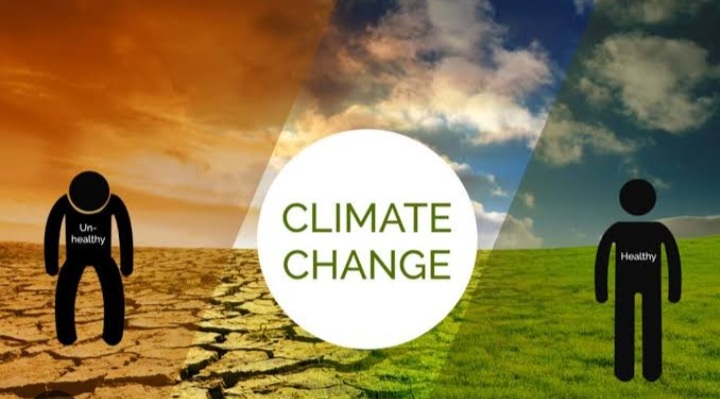EDITORIAL: Africa must take advantage of UN Climate Change New Reporting Tools

Africa, with a diverse ecosystem, rich Biodiversity and vulnerable communities stands at the forefront of Climate Change challenges. The rising temperature, extreme weather conditions and unstable rainfall patterns constitute great challenges to sustainable development of the continent.
However, the recent launch of the United Nations Climate Change’s online reporting tools for the Paris Agreement’s Enhanced Transparency Framework (ETF) provides a unique opportunity for African nations to strengthen their climate resilience and accelerate progress toward their climate goals.
Officially started on June 28, these tools will help nations manage vital climate statistics and information. From greenhouse gas inventories countries will progress in implementing their national climate plans, achievements and support.
Under the specified forms set by the ETF, data entered using these new online tools is a necessary component of the information to be presented in Biennial Transparency Reports (BTRs – the first round required by December 31, 2024).
These new BTRs as well as the larger ETF will help to provide far more accurate estimates of world climate change.
Nationally, they will also be an essential instrument for enabling nations to create a strong evidence base from which governments may create national climate plans and stronger climate policies (often referred to as Nationally Determined Contributions or NDCs).
With this development, African countries can now systematically track their greenhouse gas emissions using the online reporting tools. By understanding the sources and trends of emissions, they can design targeted mitigation strategies.
For instance: Nigeria, as one of Africa’s largest emitters, can use this data to enhance its commitment to reducing emissions from fossil fuels and deforestation. Kenya, with its ambitious renewable energy targets, can also monitor progress toward a low-carbon economy.
The ETF reporting tools allow countries to showcase their adaptation efforts. African nations can highlight projects related to:
– Water Management: Given the continent’s vulnerability to droughts and water scarcity, countries like Ethiopia and South Africa** can report on innovative water conservation and management practices.
– Agriculture and Food Security: Countries like Ghana and Senegal can share their experiences in promoting climate-smart agriculture and building resilient food systems.
National Climate Plans (NDCs): African countries can use the tools to track the implementation of their NDCs. This includes assessing progress in:
– Renewable Energy Deployment where Countries like Morocco and Egypt can showcase their investments in solar and wind energy.
– Afforestation and Reforestation where Uganda and Rwanda can demonstrate their efforts to restore degraded landscapes.
Many African nations face capacity constraints in data collection and reporting. The UNFCCC’s support site provides technical guides and resources to address these challenges. Countries can collaborate to build regional expertise and share best practices.
The reporting tools can also help attract climate finance. African governments can transparently demonstrate how funds are utilized for adaptation and mitigation projects. They can also highlight the need for increased financial support to bridge existing gaps.
Through regional collaboration, african countries can leverage their collective voice within international climate negotiations. By aligning their reporting efforts, they can advocate for fair and ambitious climate action.
African nations can also learn from each other’s experiences. Platforms like the African Adaptation Initiative can facilitate knowledge exchange and foster collaboration.
By embracing transparency, African countries can drive transformative change, protect vulnerable communities, and contribute to a more sustainable and equitable world.
